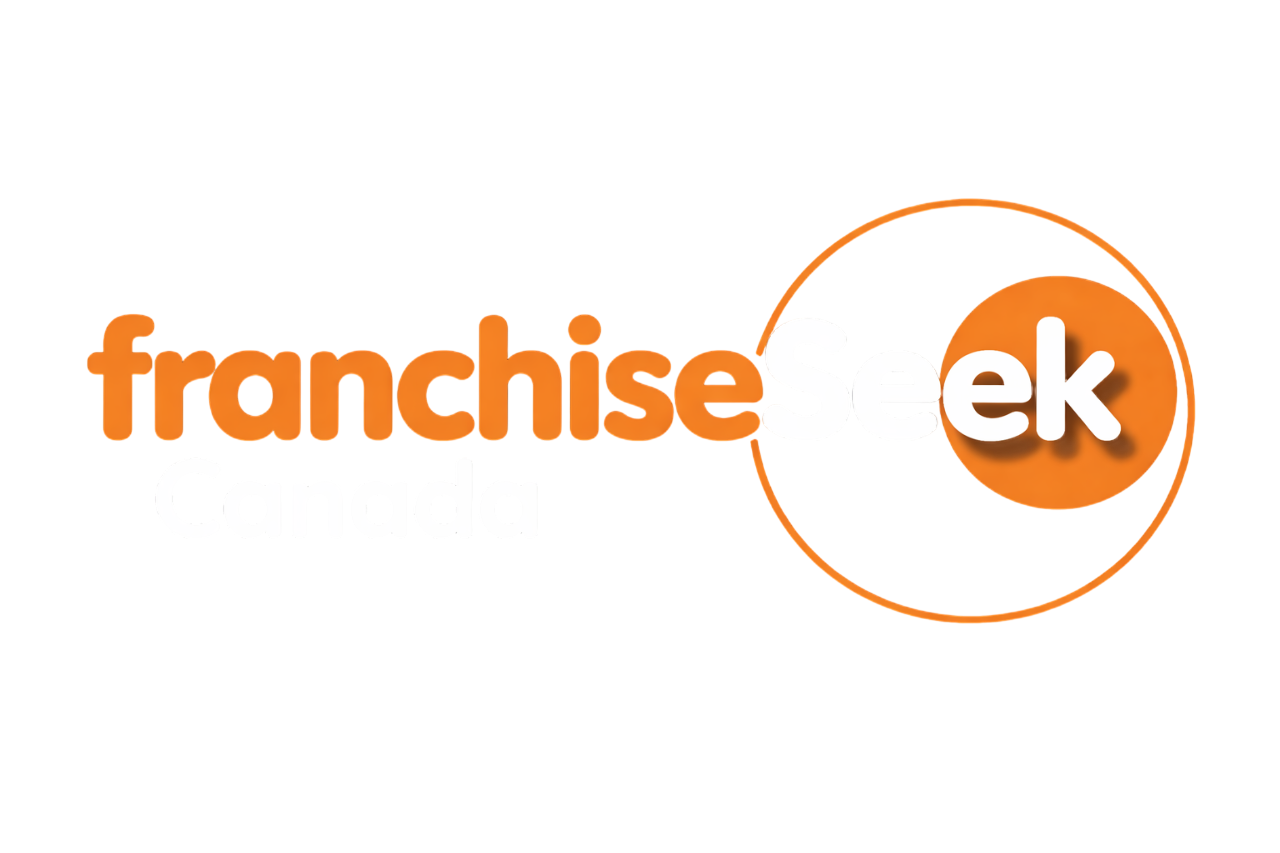Investing in a franchise can be a promising way to enter the world of business ownership with a proven model, brand recognition, and support. However, not all franchises are created equal. In Canada, while there are legal protections in place, due diligence is still critical. Ensuring a franchise is legitimate helps avoid costly scams or poor business decisions. Here’s how you can determine the legitimacy of a franchise opportunity in Canada.
Understand Canadian Franchise Laws
There is no official federal franchise legislation, but several provinces, including Ontario, Alberta, British Columbia, Manitoba, New Brunswick, and Prince Edward Island, have enacted franchise-specific laws. These provinces require franchisors to provide a Franchise Disclosure Document (FDD) at least 14 days before any agreement is signed or money is exchanged. The FDD contains vital information such as financial performance, litigation history, and the obligations of both parties.
If the franchisor operates in one of these regulated provinces but does not provide a disclosure document, or provides one that is incomplete or inaccurate, this is a red flag. Familiarizing yourself with the franchise legislation applicable in your province is a good first step toward identifying legitimate opportunities.
Review the Franchise Disclosure Document
The FDD is a critical document for assessing franchise legitimacy. It should include background information about the franchisor, details on fees and costs, territory rights, initial investment estimates, and any history of bankruptcy or litigation. A legitimate franchisor will be transparent about their business operations and will not rush you into signing before you’ve had time to review and understand the document.
Pay particular attention to any earnings claims. Franchisors are not required to provide financial performance representations, but if they do, they must have data to support those claims. Overly optimistic projections without solid evidence can indicate misleading practices.
Assess the Franchisor’s Support and Training
One of the key benefits of franchising is the support system provided by the franchisor. Legitimate franchises offer comprehensive training programs, marketing assistance, operational support, and guidance with site selection and set-up. If the franchisor offers minimal support or has vague plans for training, it might not be the robust business system it claims to be.
During your evaluation, ask detailed questions about the onboarding process, how the franchisor helps franchisees grow, and what ongoing resources are available. A lack of structured support is a red flag and could signal an unsustainable business model.
Consult Legal and Financial Advisors
Before signing any agreement, it’s essential to consult with professionals who specialize in franchise law and finance. A lawyer can review the FDD and franchise agreement to ensure your rights are protected and that the terms are reasonable. An accountant can help you understand the true financial implications of the investment, including startup costs, royalty fees, and profitability expectations.
Legitimate franchisors encourage potential franchisees to seek independent legal and financial advice. Any attempt to discourage or rush you through this process should raise immediate concerns.
Conduct Independent Research
Even with a strong FDD, it’s important to verify the information independently. Research the franchisor’s history, business model, and franchise brand reputation. Look for media coverage, industry reviews, and customer feedback online. A legitimate franchise will usually have an established brand presence, a clear operational structure, and verifiable business performance.
Speak to current and former franchisees listed in the disclosure document. Ask about their experience, profitability, support received from the franchisor, and whether they would invest in the franchise again. If a franchisor hesitates to connect you with existing franchisees or provides only a selective list, that could be a warning sign.
Trust Your Instincts and Take Your Time
A legitimate franchise opportunity will not rely on high-pressure tactics or demand immediate decisions. If something feels off—whether it’s evasive answers, aggressive sales techniques, or inconsistent information—trust your instincts. Taking your time to thoroughly evaluate the opportunity can save you from financial and emotional distress later on.
Final Thoughts
Franchising can be a rewarding path to entrepreneurship in Canada, but it requires careful vetting. By understanding the legal requirements, examining the disclosure document, researching the franchisor, assessing support systems, and seeking expert advice, you can better protect yourself from fraudulent or poorly managed franchises. A legitimate franchise will be transparent, supportive, and aligned with your long-term business goals.









